A boon for local investors
- By Zimpapers Syndication |
- 03 Jan, 2026 |
- 2
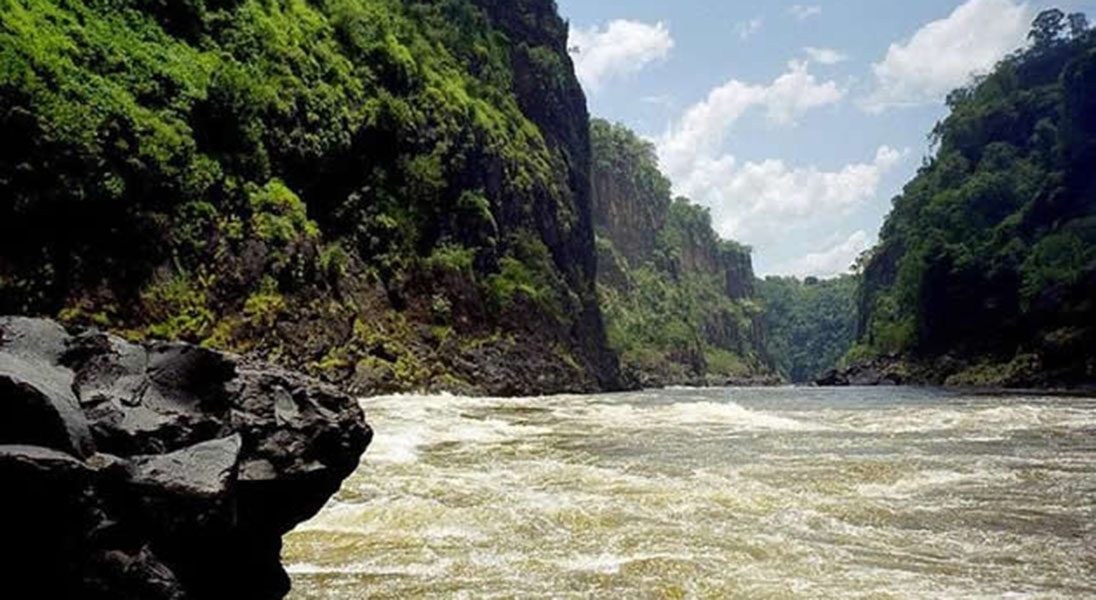
Rumbidzayi Zinyuke Syndication Writer ---
Zimbabwe and Zambia have a chance to leverage on local investors to finance a portion of the Batoka Gorge Hydro-Electric Scheme as a way of de-risking the project and ensuring that locals also reap dividends from it.
The two Southern African countries need to raise about $4 billion for the construction of a dam wall and two power plants that will produce about 2 400 MW of power.
While a number of international financiers have shown interest in the project, the AFDB feels that local investors can lend more weight to such a huge and reduce the amount of international debt accruing to both governments.
The African Development Bank (AFDB) vice president for the Power, Energy, Climate and Green Growth cluster, Amadou Hott told delegates at the Investor’s conference held in Livingstone, Zambia last week that if local investors take up equity in the project, it could yield long term dividends.
“The bank as a lead coordinator will help the two Governments mobilise local investment both from an equity and debt investment perspective. But very likely, if the local investors are willing to take some risks, then we can mobilise money for the equity portion of the IPPs,” he said.
The BGHES includes a dam wall that will be shared by two power plants on each side of the gorge which are expected to cost about $700 million each to construct. Approximately 70 percent of the cost of each power plant ($512 million) is expected to be financed through debt while the remaining 30 percent ($220 million) will get equity financing.
Mr Hott said if local investors can assume between 20-30 percent of the total equity, they would have to raise not more than $40 million to own a decent stake in the project.
“This means all the future value for the plant for the duration of the Power Purchase Agreement, probably 25-30 years, will earn them a dividend once all the debt, or at least most of it paid. The future value of the shares, once they are sold to the market for example, will also have capital gain that local investors can benefit from as well,” he added.
He said the AFDB is willing to help the Governments of the two countries to structure a special fund that will be anchored by some of the state owned investment companies like pension funds, social security funds.
“These can then call on the local investors and the diaspora to channel funds into that entity that will own the shares so that future dividend and future capital gains will also flow to those investors. This could be a new way of helping the local investor benefit from these big projects but also sort of de-risk the project because for some foreign investors, if you have local people also owning a decent share of the project, it’s a kind of political risk mitigation as well,” Mr Hott said.
He said the local stake in the projects could be listed on the stock exchange so that any Zambian or Zimbabwean can also buy the shares on the market and benefit from the value creation of the project.
Mr Hott said it is also important to come up with ways to source local debt financing as investors might not be willing to take on too much risk.
He said a local tranche funded by the savings from local investors could be created to finance the debt side of the project. Tranches are pieces, portions of debt or structured financing offered at the same time but with different risks, rewards and maturities.
“The local tranche can be in a local currency and paying a coupon because some investors may not be willing to go for long periods without getting revenue from the investments. This would allow them to get coupon after the construction phase and then amortising as well so maybe getting back their money over 10 or 15 years depending on the maturity of the local instrument that we can put in place,” he added.
Market watchers believe this could help ease the burden of foreign debt on the two countries.
Zimbabwe already has a huge problem with foreign debt investment that has contributed to the country’s debt as Government acts as guarantor for some foreign investors’ loans for key national projects.
What makes things worse is that these loans come at significantly higher than global market rates.
Analysts believe the high interest rates are because Zimbabwe does not have a sovereign credit rating, so the country risk premium would also need to be priced into the cost.
World Bank Program Leader for the Africa region, Catherine Tovey said the bank is also trying to come up with ways to involve local investors in the project.
“We have been getting our macro-economists to model essentially the impact of Batoka on the sustainability for both Zambia and Zimbabwe over the 30 or so years it would take. So this would allow us to have a much better and more granular sense of what, because of the high returns and so on, the real carrying capacity is,” she said.
“And it is also important in terms of investors and credit rating agencies, particularly thinking beyond Batoka, if Zambia wants to go again to the market, having that full picture. We sort of expect that given the returns of the projects, structuring the debt carefully over that long period should have some interesting results.”- Zimpapers Syndication Services
No Comments


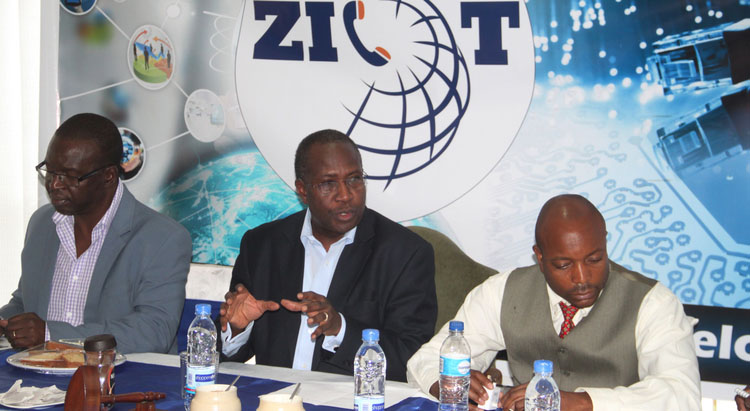
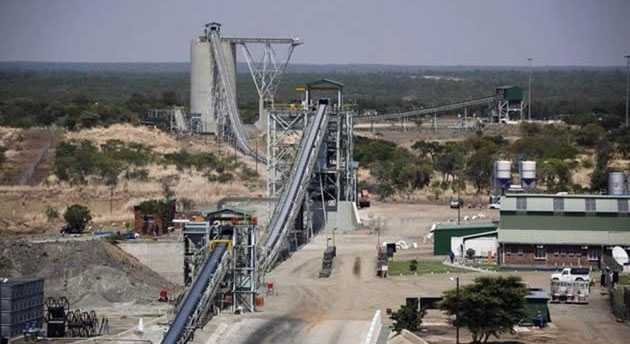

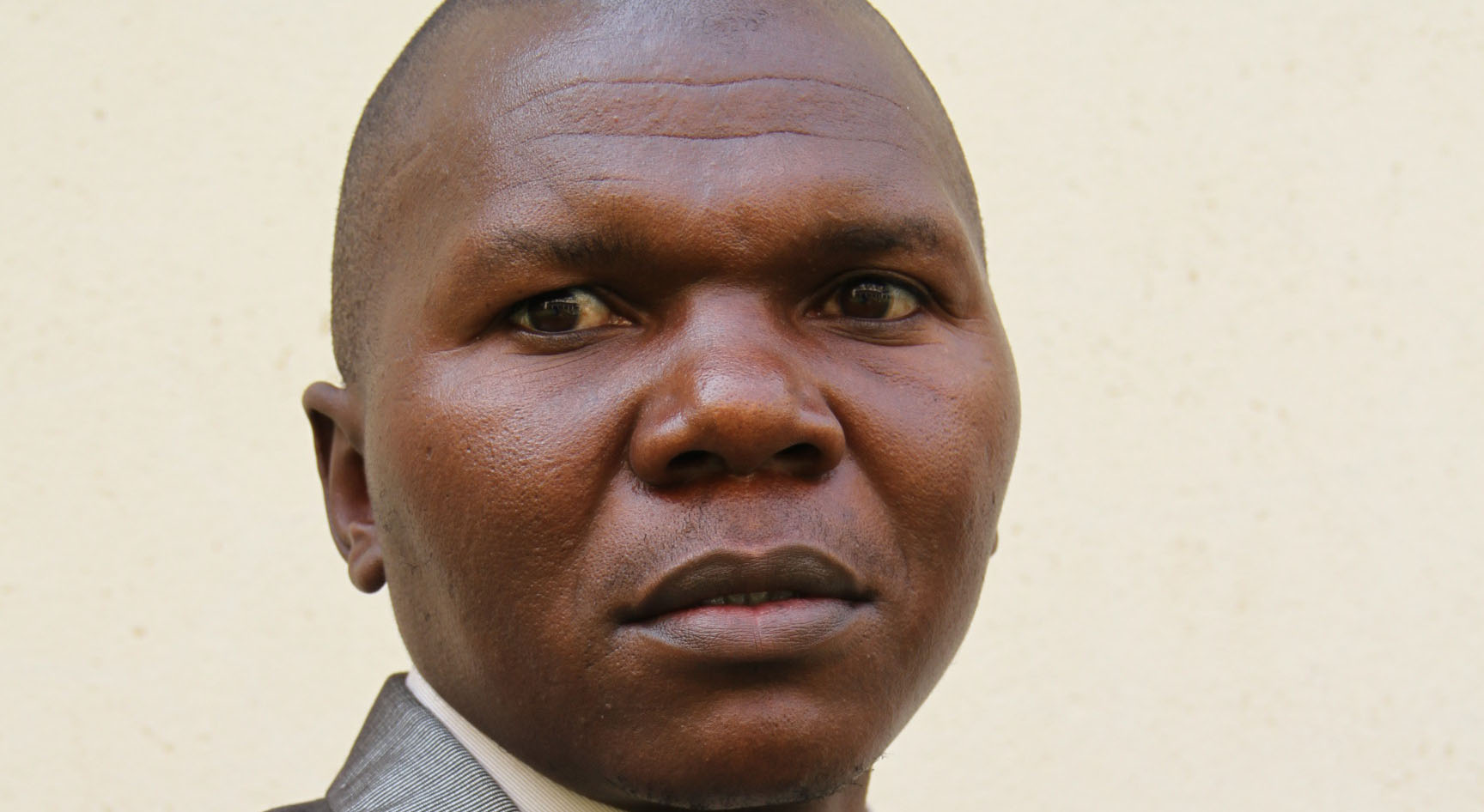

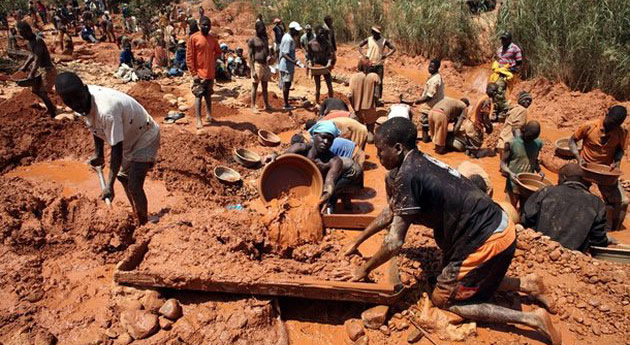
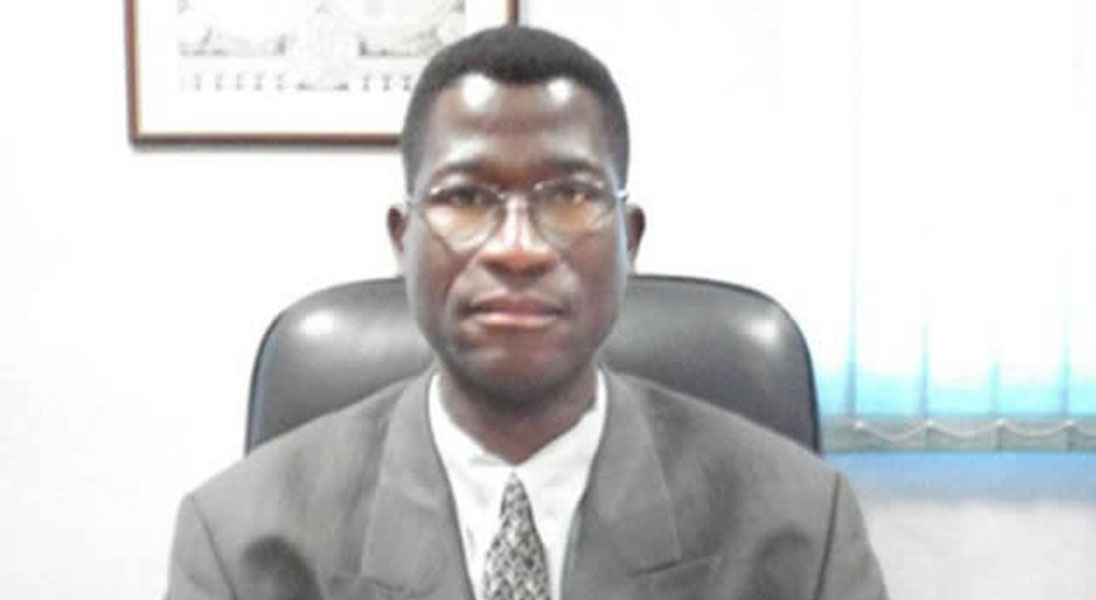

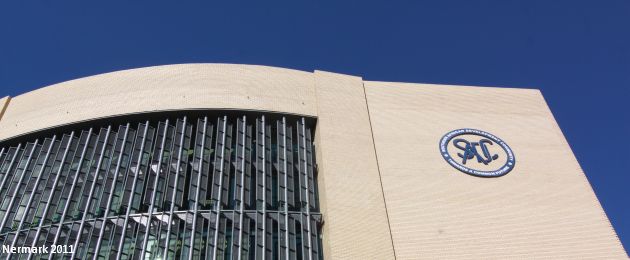
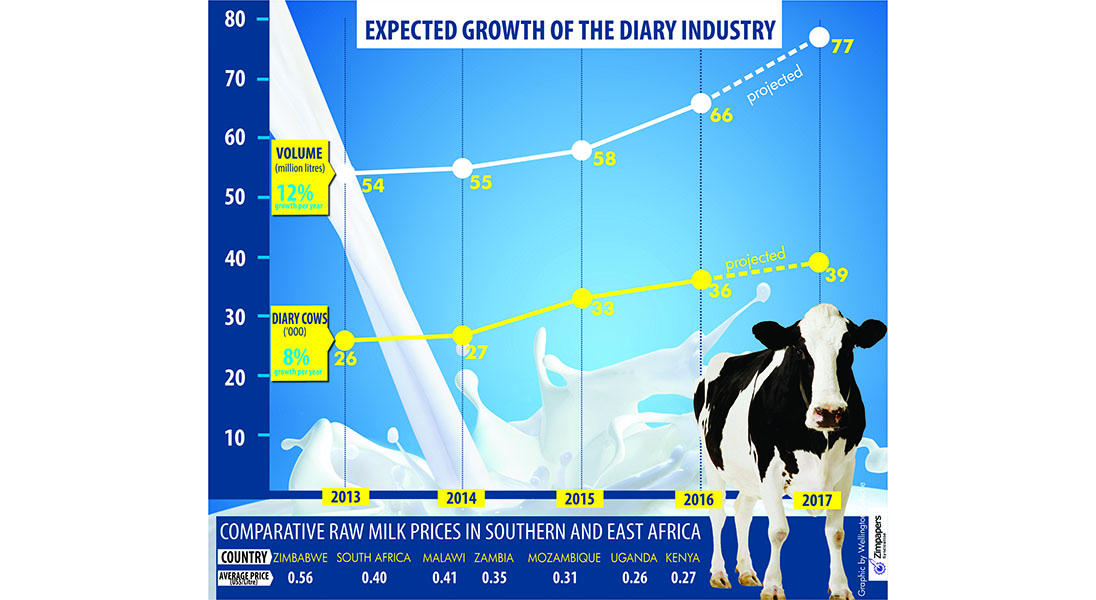

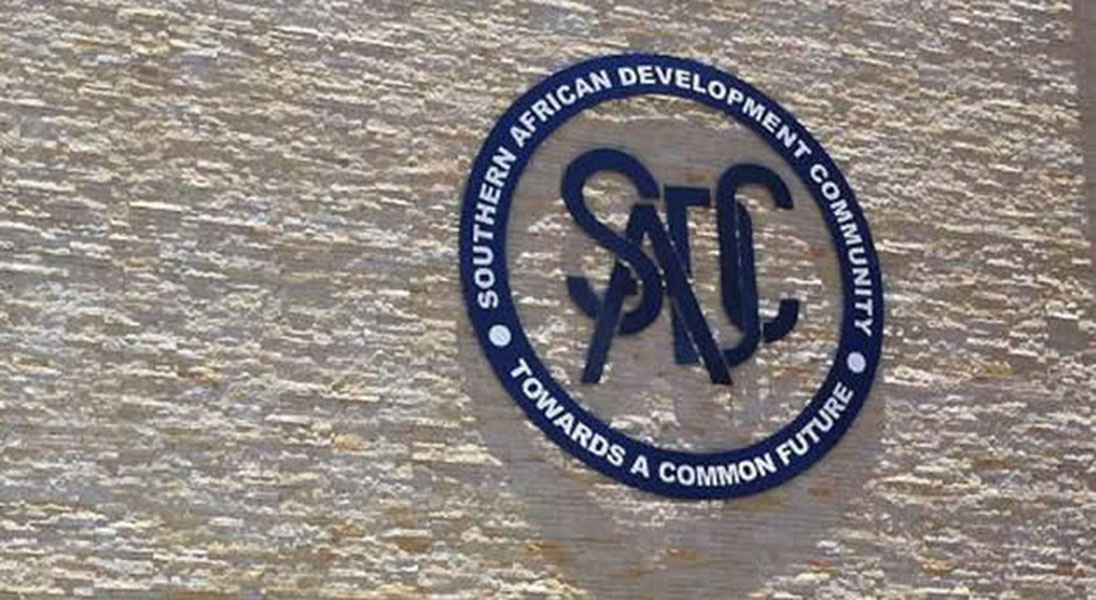
Comment